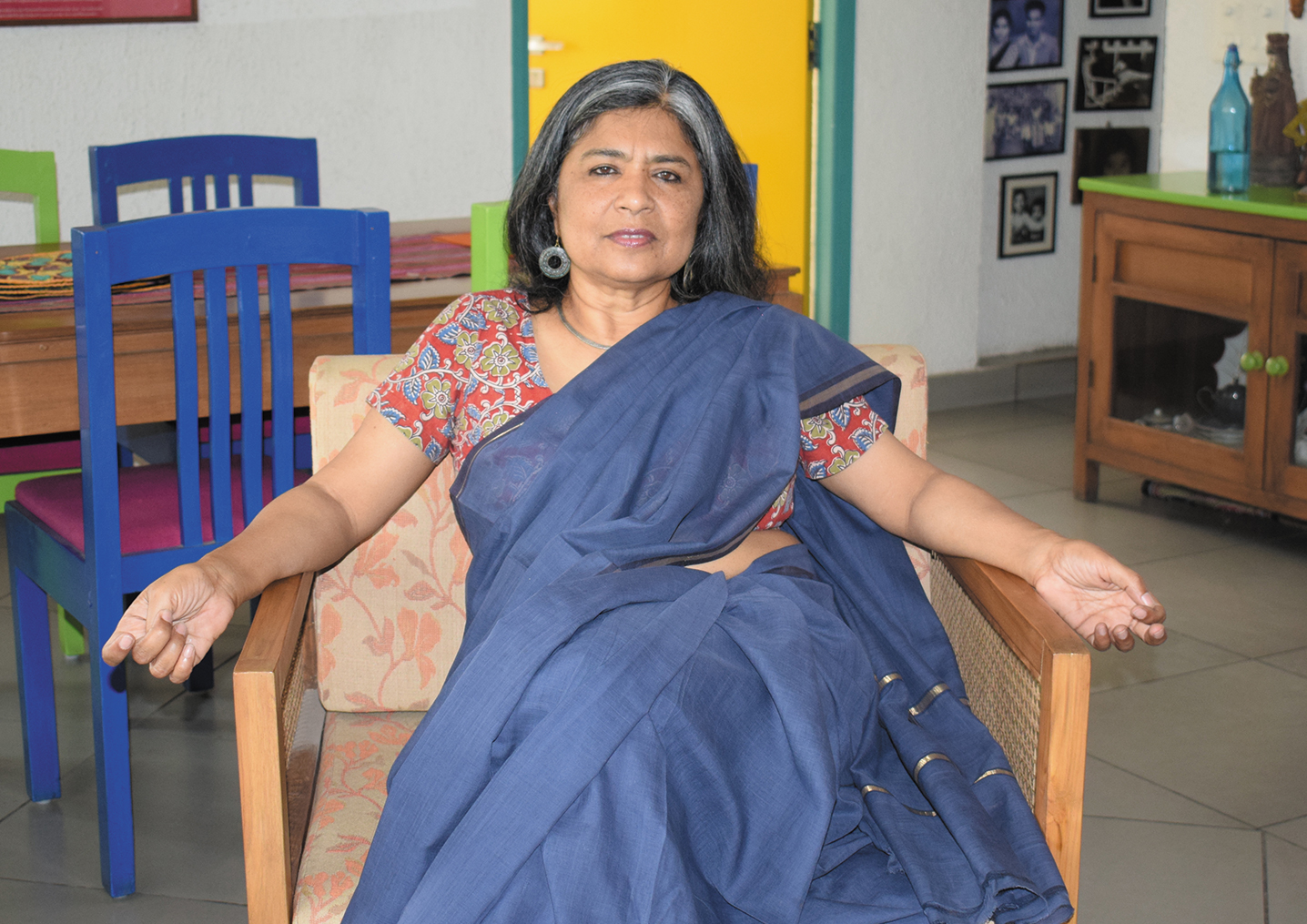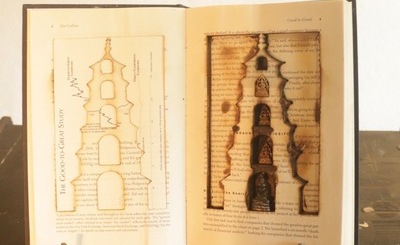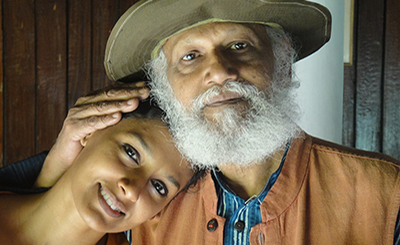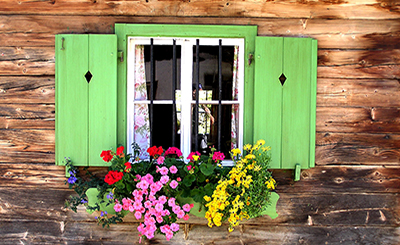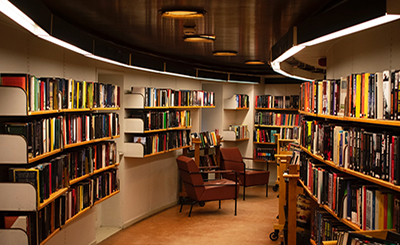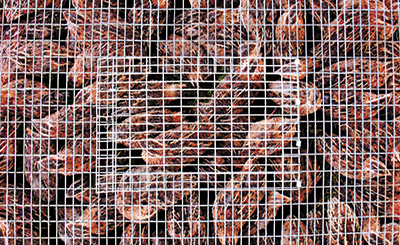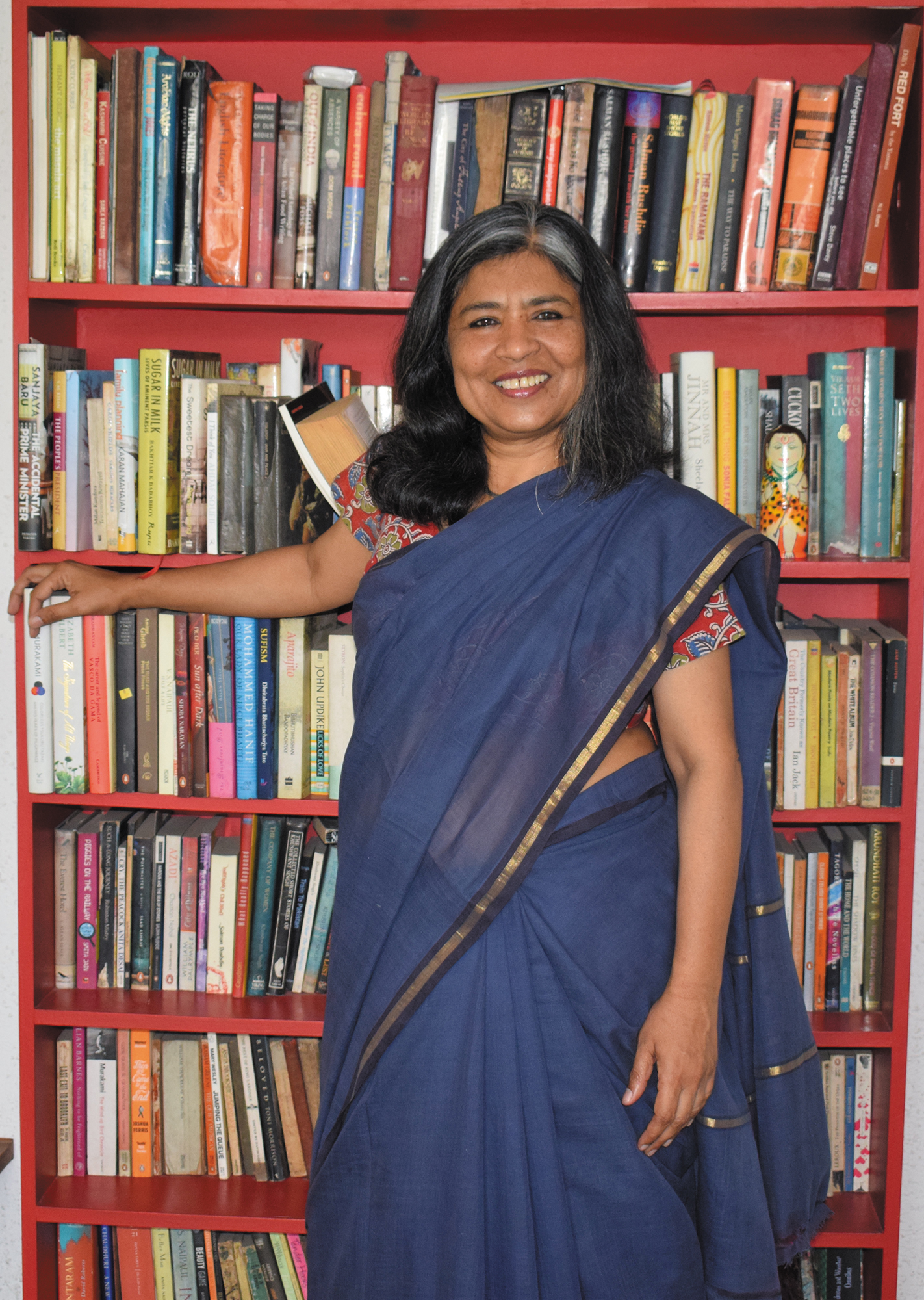
Sheela Reddy at her residence in New Delhi. Photos: Shireen Quadri
Sheela Reddy’s Mr And Mrs Jinnah, on the little-known facet of Muhammad Ali Jinnah’s marriage with Ruttie Petit, is a compelling portrait of a broken marriage deeply enmeshed in the tumult of the nationalist movement
Sheela Reddy has worked as a journalist for 35 years and written extensively on politics, history, culture and literature. She was also the books editor of Outlook. In Mr and Mrs Jinnah: The Marriage That Shook India, published by Penguin Random House India, Reddy writes about the little-known facet of Jinnah’s marriage with the glamorous Bombay Parsi heiress, Ruttie Petit, the daughter of rich Parsi baronet and Jinnah’s good friend, Sir Dinshaw Petit.
Meticulously researched in Delhi, Mumbai and Karachi, Mr and Mrs Jinnah uses never-before-seen personal letters of Ruttie and her close friends, including Sarojini Naidu’s daughters Padmaja Naidu and Leelamani Naidu and Jinnah’s close friend Kanji Dwarkadas. It is a compelling portrait of a marriage deeply enmeshed in the tumultuous politics of the time. Jinnah, reputed to be a ‘cold’ person, was 42-year-old and a rising star in the nationalist movement. Ruttie was just 16. After they married, Bombay society was scandalised. Soon, the two were ostracized. Ruttie was also excommunicated.
As if this was not enough, Jinnah was unceremoniously thrown out of Congress exactly a year after he got married, for not toeing the party line, putting them both in a limbo. Disillusioned after the marriage, Ruttie walked out on Jinnah. Cut off from her family, friends and community, she committed suicide at 29.
“What could happen to a marriage in such trying conditions? No one could have foreseen that when Ruttie married him,” Reddy told The Punch. She added, “I believe the political isolation they were cast into could have only two effects on the marriage. It could bring the spouses together in a kind of us-against-the-hostile-world or it could break them up. So, it broke them up. This is how politics affects personal life. It’s foolish to believe that if you’re doing a history of a marriage, you can see it apart from what was happening around. It’s all too meshed together.”
Excerpts from an interview:
THE PUNCH: Mr and Mrs Jinnah bridges a gap. While much has been written about Jinnah and his contemporaries, this aspect of his life — his marriage with Ruttie — remains an uncharted territory. What was the trigger for this book?
SHEELA REDDY: Many things. First of all, it was a journalist’s nose for a good story. In 2009, Jaswant Singh’s book (Jinnah: India, Partition, Independence, published by Rupa and Co.) had come out. There was a lot of personal material, especially about Jinnah’s death, in the book. While Singh mentions Jinnah’s seemingly colourful marriage, he doesn’t dwell on it too much. It was also because I had partly set myself the task of trying to understand the movement of the freedom struggle. I always found history very confusing because it was told from polarised points of view. So, whoever disagreed with Gandhi looked like a cardboard character. I wanted to investigate for myself to understand Jinnah better. When I started looking, to my extreme surprise, I found that there was nothing available. There was one flimsy memoir of Ruttie, may be about 40 years after she died and much after Jinnah died, by one of their close friends. But it was more like a hagiography. It ended up raising more questions than it answered. Also, they say that you write the book you want to read. I ended up doing exactly that.
THE PUNCH: There are so many layers to the person that Ruttie was. Was there enough material on her?
SHEELA REDDY: No, it was really a lot of dogged effort that got me the material. Not being a trained historian or academician proved to be a virtue. I took interesting stuff wherever I found them without applying any filters. And, thus, I came across tremendously rich material. For example, there is this vast treasure trove of correspondence of Sarojini Naidu’s family in the Nehru Museum. This was a very cosmopolitan family that dispersed all over the world, especially Sarojini, who was crucial to the freedom struggle of that time. She was the president of Bombay Congress and at that time the Bombay Congress was the Congress. She was also a close aide of Gandhi. He depended on her a lot for the harmony between Hindus and Muslims. Her family preserved every letter that she wrote to them or her friends. So, one of the great acts of benevolence that Padmaja Naidu did, besides bequeathing the entire estate to the nation, was that she also gave all the letters to the Nehru Library. For some reason, it has never been properly looked at. When I was looking for files on Ruttie Jinnah’s letters, I thought I would find Ruttie’s letters to Jinnah, but instead I found Ruttie’s letters to Padmaja Naidu. I was surprised to find that I was only the second person to have ever seen that file. A little over hundred pages, it covers almost her entire life — from the age of fifteen-and-a-half to a year before she died. Her entire courtship and her marriage fall in that period. She wrote lively, long letters (to Padmaja Naidu and Leelamani Naidu, Sarojini Naidu’s daughters). I chanced upon those letters almost at the beginning of my research and that is what inspired me to write this book. Once I found the letters, I thought my job would be done, but actually it was just the beginning. I needed to set it in a context.
I tried to speak to the descendants of the Petit’s and Jinnah’s families, but I wasn’t able to meet them. I was forced to go back and only look at the records. In retrospect, this was better. Letters don’t lie.
THE PUNCH: In the political climate of that time, it was a difficult choice for both Jinnah and Ruttie to make. Though they came from progressive families, inter-faith marriages were not so commonly accepted. Gandhi, for example, was not in favour of such marriages.
SHEELA REDDY: Gandhi actively discouraged such marriages. To do Gandhi justice, it’s not because of him that we think of him as pro-Hindu-Muslim marriage. It’s because of the people surrounding him that the myth has been created around him. In his newspaper, Harijan, he wrote against such practices and actively defended his opinion. He felt that it was not the right thing to do. Since he was a powerful figure and carried the nation along, people were forced to adopt his ideas, whether they believed in it or not. At the same time, one must also remember that Gandhi single-handedly gave meaning and purpose to a whole generation of people who transformed us into who we really are. From giving up chiffons and pearls to taking up khadi, many people, including his closest followers, had huge problems with them. But because he carried the nation with him, most of them did not have the guts to oppose him. In that sense, Jinnah was not ready to submit and paid a price for it.
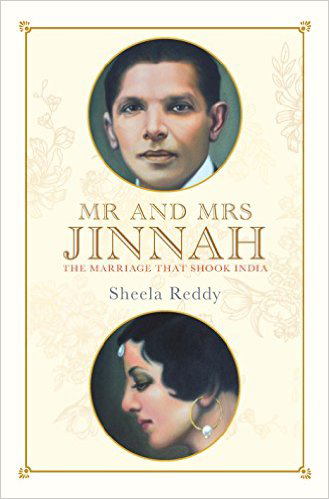
THE PUNCH: Ruttie, too, had to pay a price for marrying outside her religion. She was ostracised by her family and even excommunicated by the Parsi community. How difficult was it for Ruttie to make that choice?
SHEELA REDDY: In Ruttie’s case, the parent’s objection seemed to be about the age difference which was scandalous. What was a girl of 16 doing with a man of 42? Think of this young, sensitive, well-read and intelligent girl stuck in a society where there was really nothing for people to do except groom themselves to be good society hostesses. But she was fired by the same kind of ideals that Jinnah had then — to set the country free. She read and wrote poetry. She felt more strongly than most women in her circle about life. When there was a handsome, very mature and attractive older man, it was quite easy to be attracted to him. She was also brought up in a family where she was given a lot of freedom. There were not many rules. When they turned 16 and completed their senior Cambridge, they were accepted as part of the adult society. All they had to do was find the right husband and set up home. As Vijaya Lakshmi Pandit (Nehru’s sister) says, they were not made aware that their parents would be upset if they chose a mate out of their own religions. At some level, Ruttie knew she was taking on society. Sarojini Naidu says in her letter that she knew the sacrifices she would be called upon to make. Some were due to the circumstances. She belonged to a big celebrity family. Around then, the Parsi community was getting very insecure and wanted to make an example of her. If the Parsi priests or the conservatives came out against her, their voice would be heard. There was an issue piggy-backing on her particularly. The conditions of her excommunication were extremely severe: those conditions had never before been placed upon any man or woman in the community. In her case, even if a priest participated in any ceremony that involved her or Jinnah, the priest would be excommunicated. Also, if her family had anything to do with her in the future, then nobody from her family of origin would be able to have Parsi rights, both for death or marriage. As a result, they were forced to completely excommunicate.
In some sense, it was one of the modern marriages where the spouse was all in all. So, there was pressure on Jinnah, who was already so preoccupied and who didn’t have the skills to play the varied roles. And, as if this was not enough, Jinnah was unceremoniously thrown out of Congress exactly a year after he got married for not toeing the party line, putting them both in a limbo. What could happen to a marriage in such trying conditions? No one could have foreseen that when Ruttie married him. Jinnah was at the height of his political glory and within one year, he was out of everything he had built and constructed for himself over 20 years. He had no alternative though. It’s another matter that he clawed himself back into the political equation, but that was much later. While nobody could have foreseen it, I believe the political isolation they were cast into could have only two effects on the marriage. It could bring the spouses together in a kind of us-against-the-hostile-world or it could break them up. So, it broke them up. It could have gone either way; it just went this way. This is how politics affects personal life. It’s foolish to believe that if you’re doing a history of a marriage, you can see it apart from what was happening around. It’s all too meshed together.
Page
Donate Now
Comments
*Comments will be moderated




